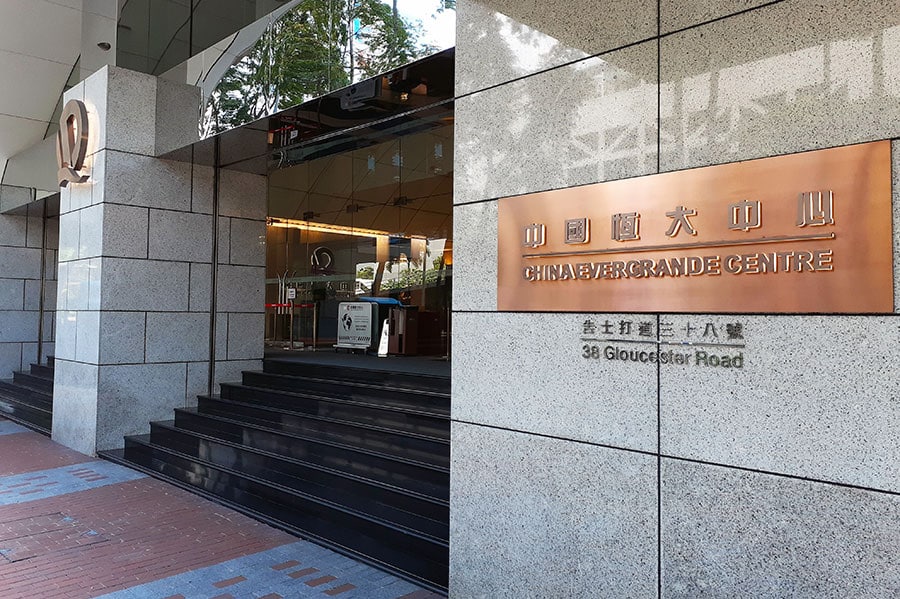First, what’s a Black Swan some may ask?
This is a rare unseen event that causes significant turmoil in financial markets, think 2008 property crisis and the excellent film that explained it ‘The Big Short’.
What or who is Evergrande?
Evergrande was one of the largest property developers in China and had a vast amount of debt on its books, which it failed to make interest and capital repayments two years ago. Creditors agreed to accept interest payments and not capital, to allow the company to restructure itself, and this failed, and it was put into bankruptcy, and finally the order for liquidation was given on the 29th of January, by a judge in Hong Kong.
To make matters worse, most of the directors have been arrested for fraud by the Chinese authorities, think huge Ponzi scheme.
Most of this debt is owed to American institutional investors, so the biggest banks in the world, and although they had reduced the level of debt in write offs a bit, they’ve still hundreds of billions in losses now due on their books.
This on its own is serious for the global economy, as most of China’s population (about 60%) is in the failing property market. To give some impression of how bad it is, the number of empty properties would be able to accommodate the population of France with ease!
This is driving property prices ever downward in China, and so the wealth of that nation with it. China is more of a consuming economy now than manufacturing, and this has helped cause a significant 25% drop in equities over the past year or so, adding further misery for the Chinese.
So, how does this affect the rest of the World?
In isolation it will reduce global growth and restrict available credit, however there are other factors at play. To ensure we don’t get bogged down in heavy technical data, what you need to know is that all banks now have to deal with two major changes.
The first being Basel 3, which forces banks to hold a great deal more in reserve, UK banks were already doing well on this front, but the amount of assets needed are hurting US and European banks, add this to losses on what was thought to be AAA rated Treasury bonds, they now have a lot less liquidity at hand. With a recession underway in the West, which will create losses for many banks in loan defaults, profits might turn into large losses for many banks, and the question then is have they enough money to cover these losses?
Secondly, ISO 20022 is also in play, and this was brought in to reduce the cost of transferring money and to stop banking fraud, which I’m sure many are aware due to the huge fines over the past 20 years, the big banks made a lot of money from.
This has the potential to create a liquidity crisis with the banks, and in turn they could ‘margin call’ hedge funds to get loans back in, which will help improve their balance sheets, forcing hedge funds to sell assets they don’t want to sell, creating a market crash as they all sell at once.
What should we do?
Diversify or die! If your portfolio is too heavy in the US for example and little in the UK, then your risk in this case would be significant, so ensuring you’re not overexposed to the USA, as the hedge funds will sell of the largest most liquid assets to pay the loans back.
Investments will fall and rise, and you never know when the markets will fall and then recover, so don’t panic, but talk to your IFA to ensure your portfolio has enough diversification.
The UK has been an unloved market for some years now, and therefore offers some downside protection compared to the US market, this is the advantage of multi asset investing, the managers have options of where to invest for the best return and can make alterations when they need to.
This isn’t financial advice of course, this is what your IFA is for, our job is to help you stop worrying about money. So, if you want to discuss this on an individual basis, give us a call.


